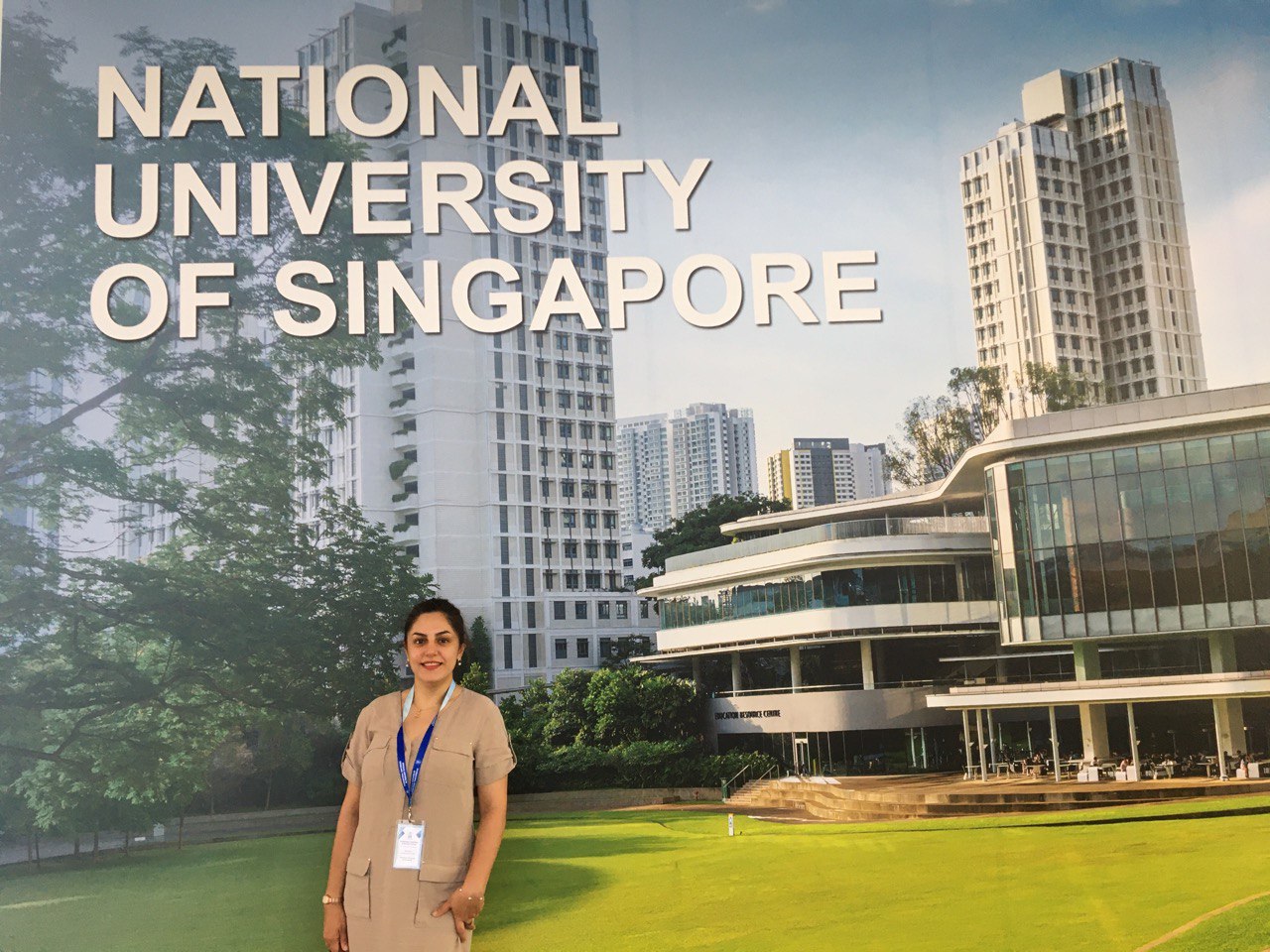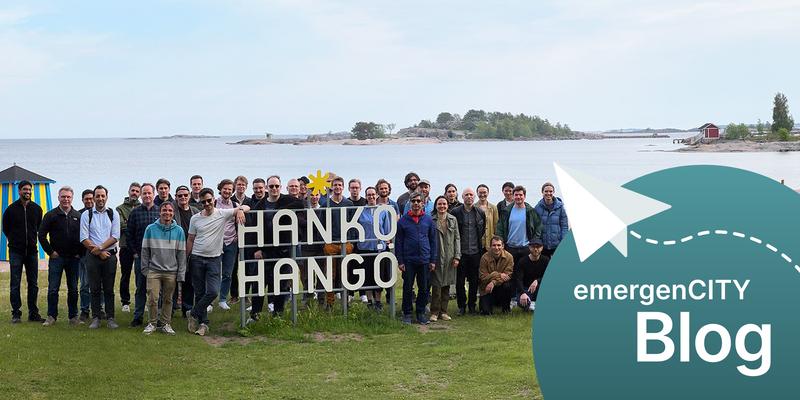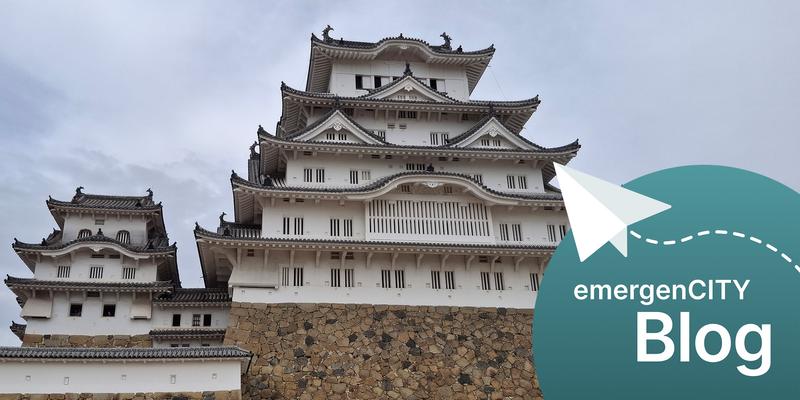From August 28th to 30th, 2024, I had the privilege of attending the International Conference on Resilient Systems (ICRS) in Singapore. This event brought together global experts to discuss innovative approaches to resilience across various sectors. As part of the emergenCITY project, I presented our latest research, under the supervision of Prof. Dr. Britta Schmalz, on flood forecasting — a crucial issue for urban infrastructure and disaster management.
My presentation, entitled “Enhancing Short-Term Discharge Predictions: An Innovative ARIMA-iGARCH Model for Improved Flood Forecasting and Disaster Resilience,” introduced a new model designed to enhance the accuracy of short-term discharge predictions. This innovation offers a more reliable tool for forecasting floods, improving disaster preparedness and resilience in urban areas.
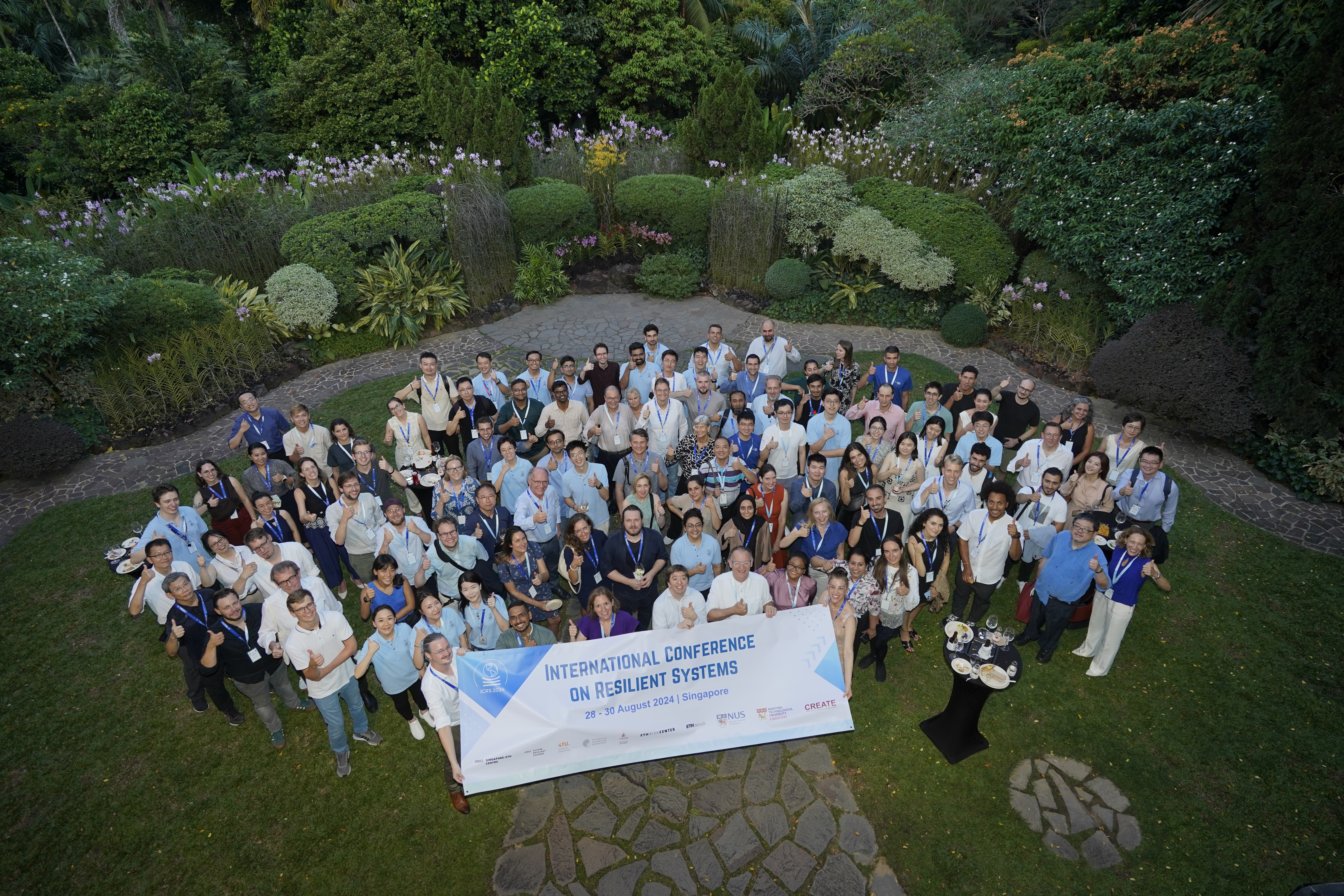
Sessions on diverse topics
The ICRS conference was an outstanding venue to showcase our research and engage with international specialists in disaster resilience and related areas. The event featured sessions on diverse topics such as urban resilience, cyber-physical systems, disaster resilience, and social resilience. Through scientific presentations, poster displays, and demo sessions, we deepened our understanding of these critical fields.
I particularly valued the group sessions and discussion panels, which provided an excellent opportunity to exchange ideas, ask questions, and explore potential collaborations. These interactions are likely to shape future research directions and partnerships.
Pre-meetings with keynote speakers
One of the conference highlights for me were the pre-meetings with the keynote speakers. These sessions allowed us to get familiar with the speakers, their research fields, and their universities. As a result, their presentations during the conference were even more engaging and relevant.
The trip to Singapore provided me with a wealth of knowledge and new perspectives that will be instrumental in my future academic work. Engaging with experts from around the world has given me fresh insights into the challenges and opportunities in disaster resilience. Alongside academic discussions and potential collaborations, I had the chance to explore Singapore’s iconic sights, including Marina Bay, the Super trees, and the Helix Bridge.
Connecting with ICRS participants
The conference organizers also arranged a memorable dinner at the Botanic Gardens, where I enjoyed connecting with fellow ICRS participants in a beautiful setting. Upon returning home, I shared with my family and friends my impressions of Singapore — a large, clean city with strict regulations — and how impressed I was by the National University of Singapore (NUS). The conference itself was of a high level, featuring presentations from distinguished scholars worldwide.
I would like to express my sincere gratitude to the emergenCITY team for their support in making this trip possible. A special thanks goes to my supervisor, Prof. Dr. Britta Schmalz, whose guidance and encouragement have been invaluable throughout this journey.
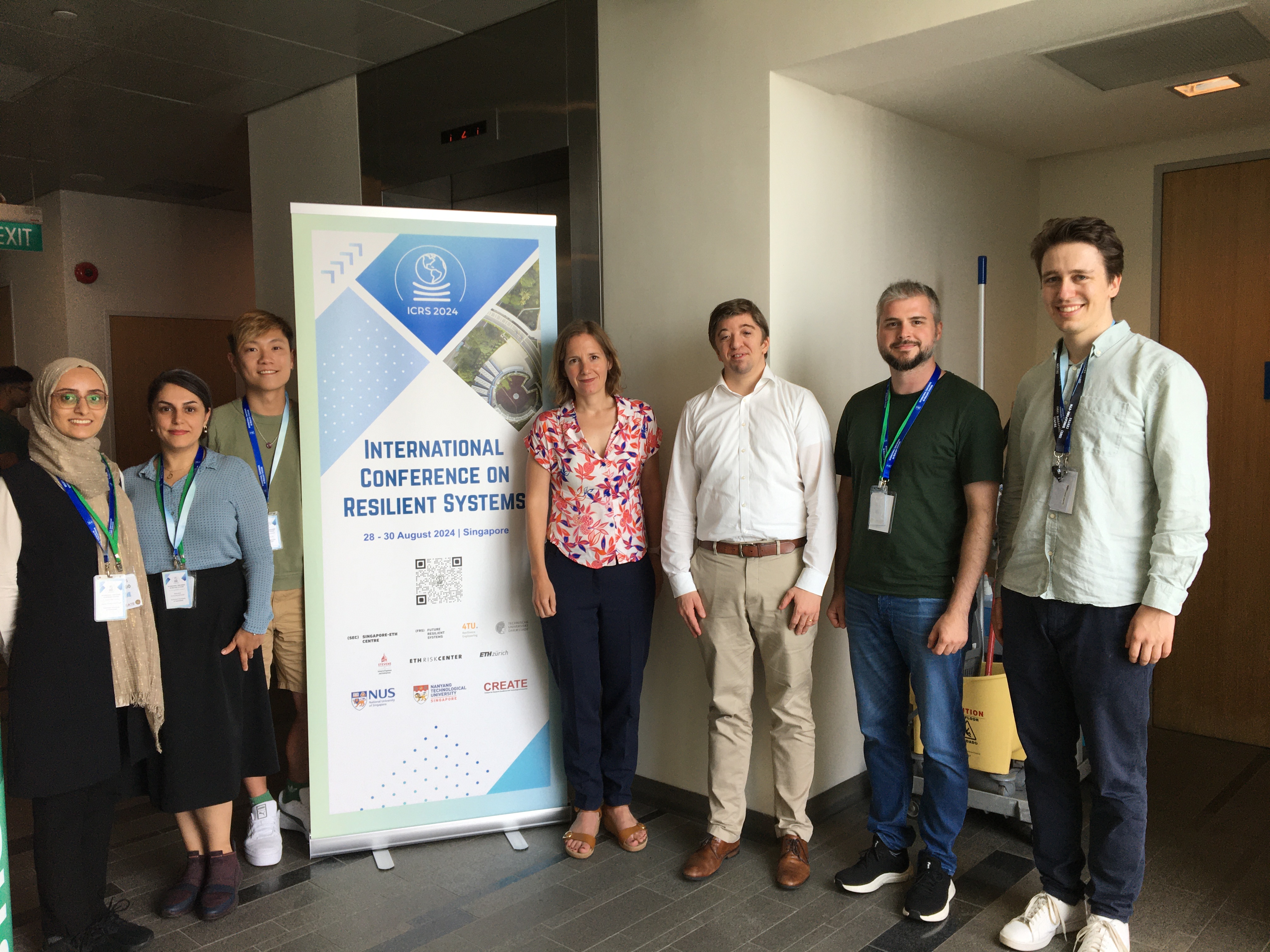
Author:
Mahshid Khazaeiathar is a PhD candidate at TU Darmstadt in the Department of Engineering Hydrology and Water Management (ihwb) since 2022 and a researcher within the emergenCITY team. Her research focuses on machine learning, data analysis, statistical modeling in hydrology. Within emergenCITY, she is involved in the “Smart Flood and Low Flow Warning System” subproject, which aims to develop an advanced environmental monitoring and warning system. This system leverages real-time data and artificial intelligence to provide early warnings of flooding and low flow.
